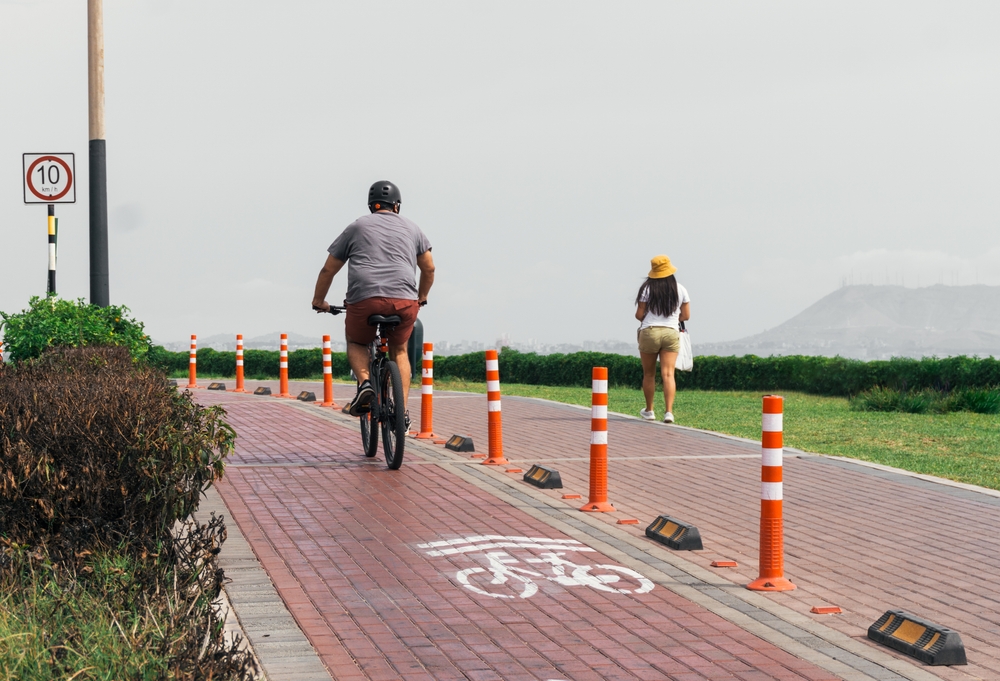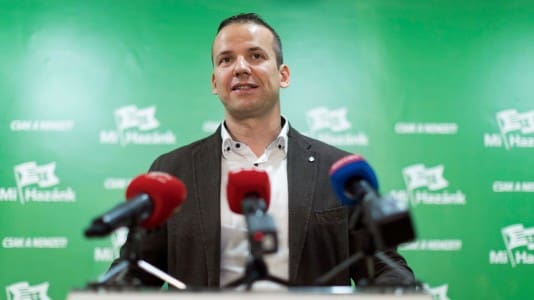Germany’s Federal Development Minister Svenja Schulze has refuted claims by opposition politicians her department has spent over €350 million on the construction of cycle paths in Peru to help fight climate change.
In an interview with Zeit Online, the Social Democrat (SPD) minister admitted that significant funding had been sent to Peru for these projects but claimed the figure was closer to €44 million and stressed the importance of Germany’s continued involvement in such initiatives.
“Germany pledged a subsidy of €20 million for cycle paths in 2020 and a further subsidy of €24 million in 2022,” Schulze told the newspaper.
She insisted that “these funds flow back to us” but did not explain how, and said using German taxpayers’ cash on cycle paths in South America was helping to protect the climate — “a task for humanity” that most Germans expect their government to lead on.
“The majority in the country sees a German responsibility to get involved in solving global problems. Whether that is in climate policy or the fight against hunger,” she claimed.
The development minister also noted that handouts to other countries build relationships that encourage economic migrants to choose Germany.
“We need cooperation with other countries, including with the poorer countries. Because we rely on raw materials from these countries. We are increasingly dependent on skilled workers from such countries. And in order to be able to react better to refugee movements,” she said.
Foreign aid from Germany has been questionably allocated for years, including on eco-feminist development centers in South Africa and a project promoting positive masculinity in Rwanda.
Highlighting the recent conflicts in the latter, Schulze replied: “If you want to combat this violence, then you have to adopt a different ideal of masculinity.”
Opposition politicians, including CSU General Secretary Martin Huber, highlighted other schemes that have received German funding including the financing of “green refrigerators in Colombia, public transport in Latin America, gender-sensitive village development in Bangladesh, and the protection of rural culture in China.”
What Huber failed to mention, however, was that funding for all of these projects was signed off before 2021 under the previous administration. The development minister at the time was none other than Dr. Gerd Müller — his own party colleague.






